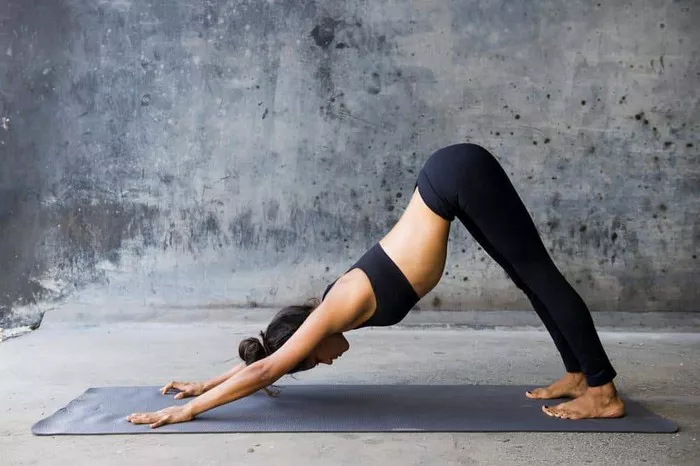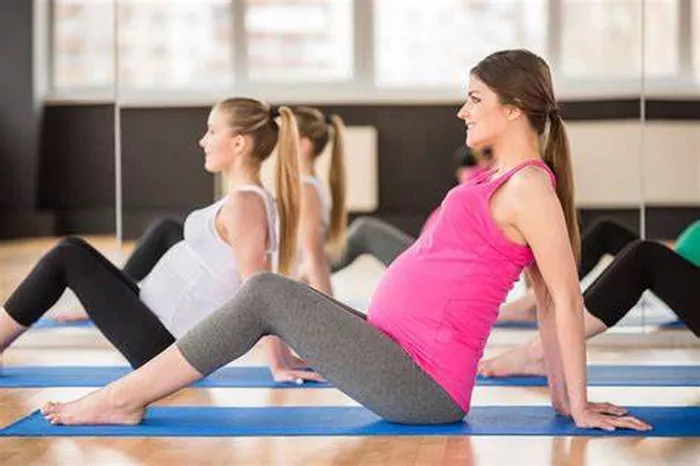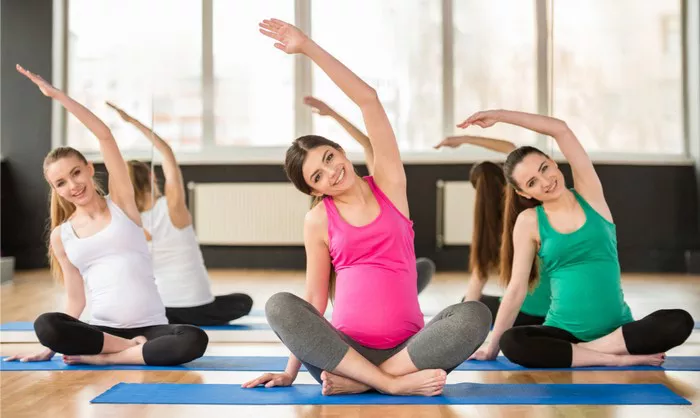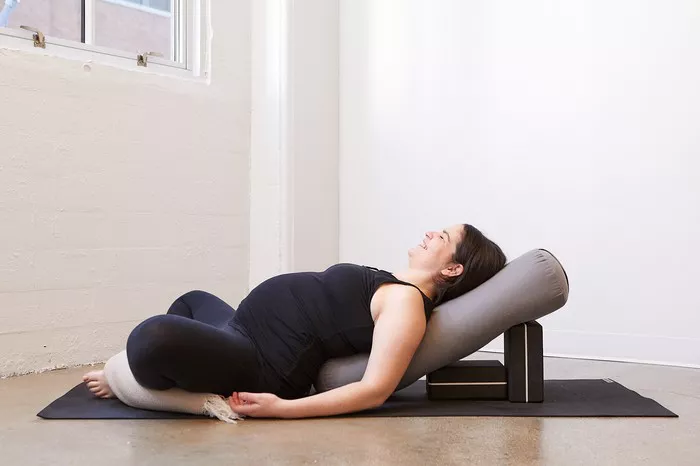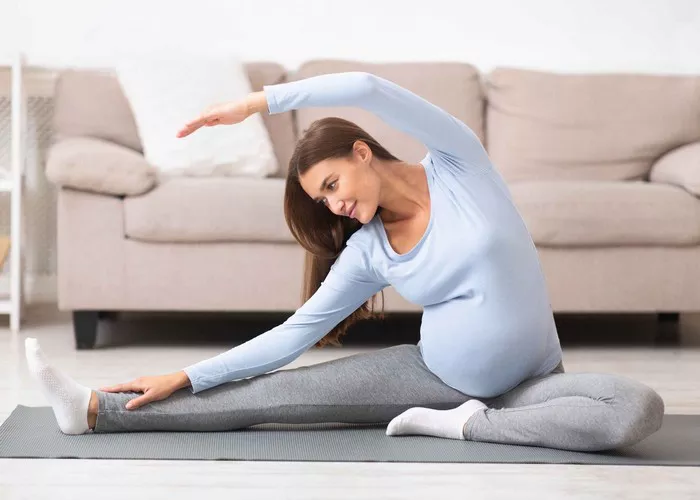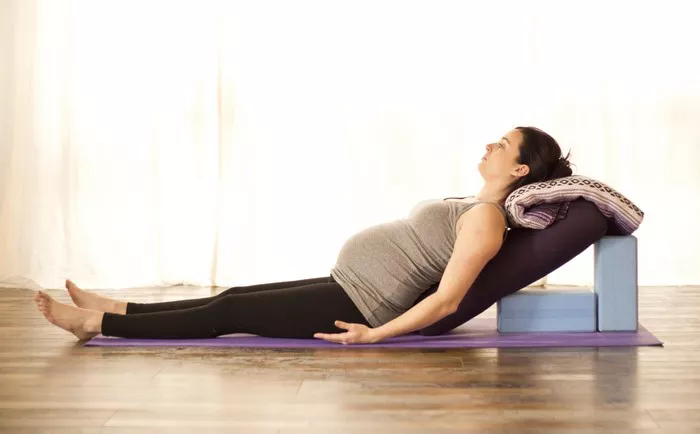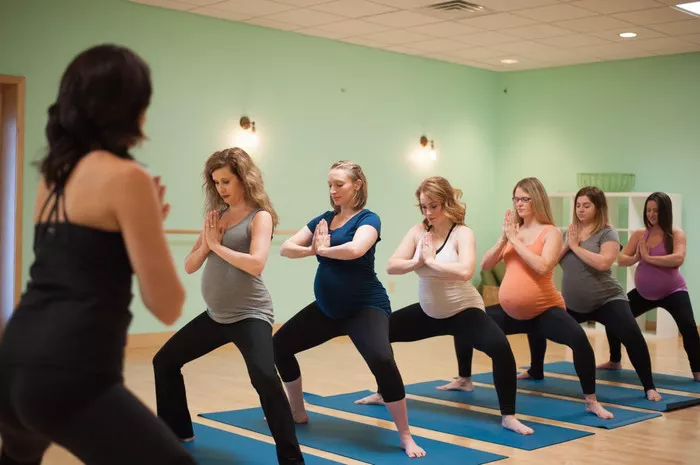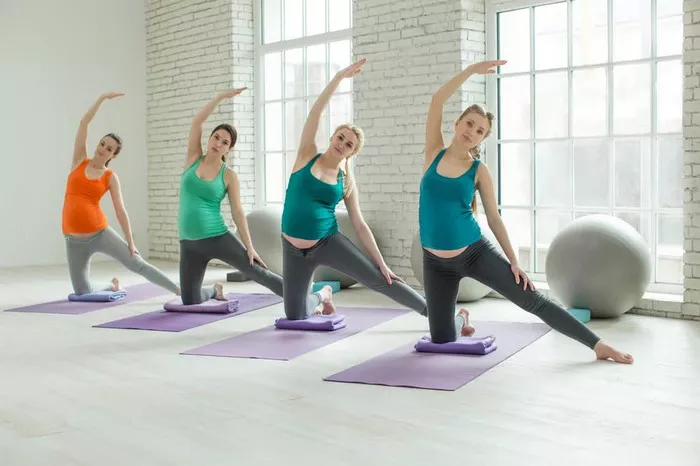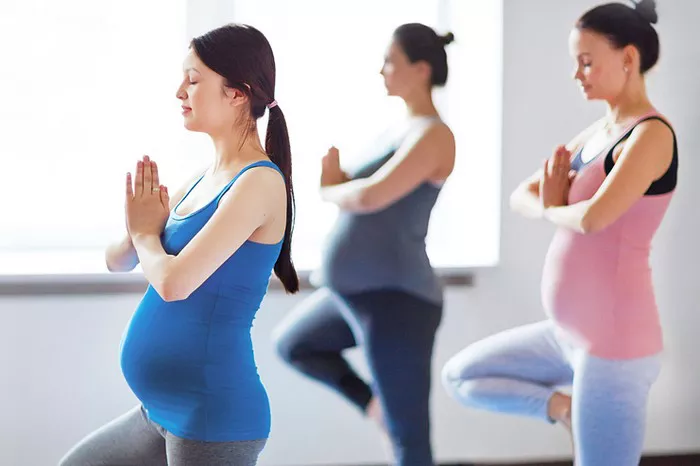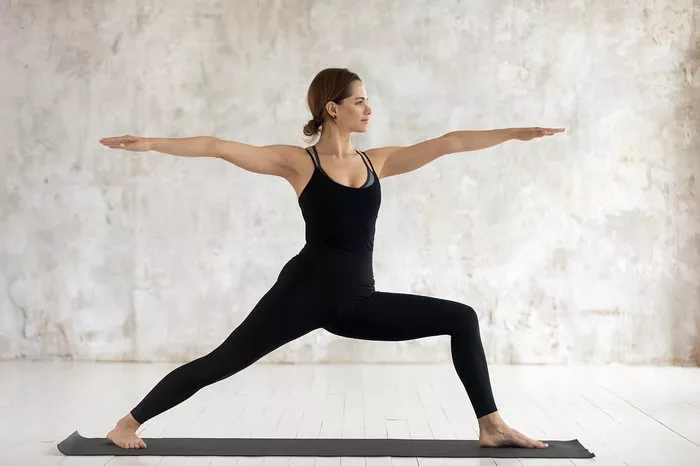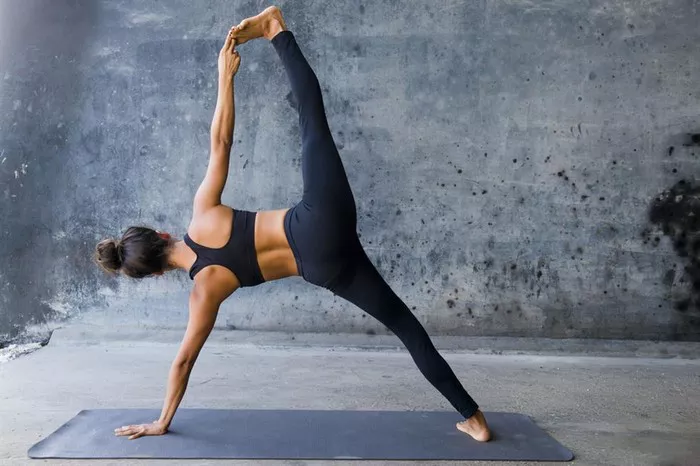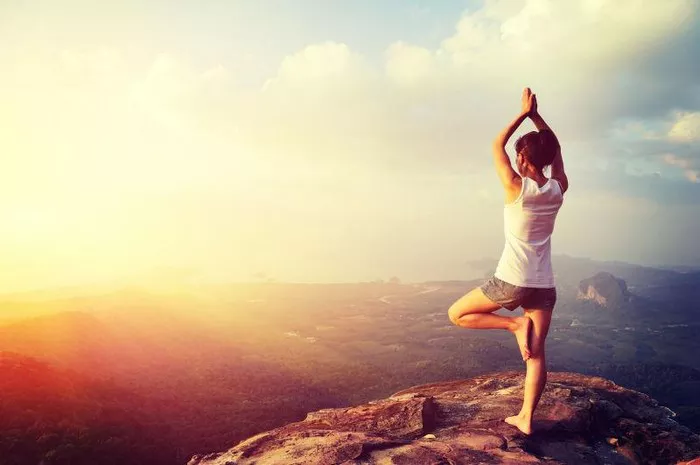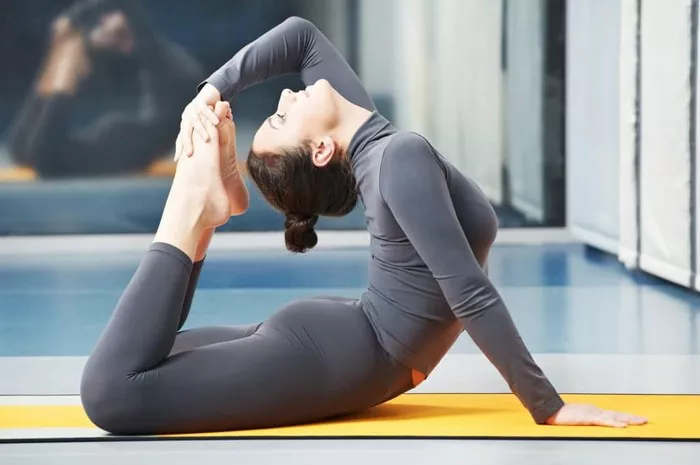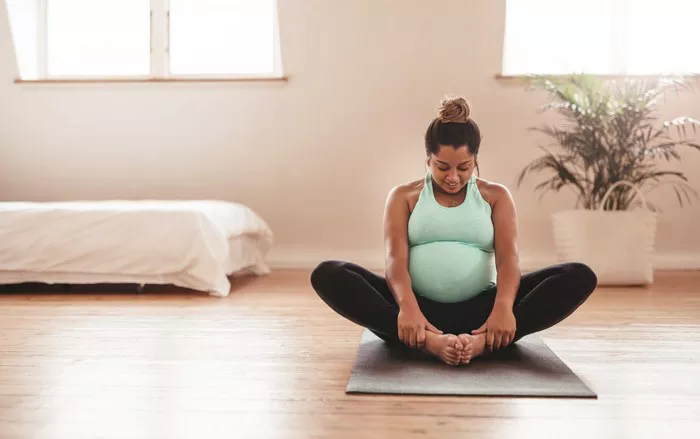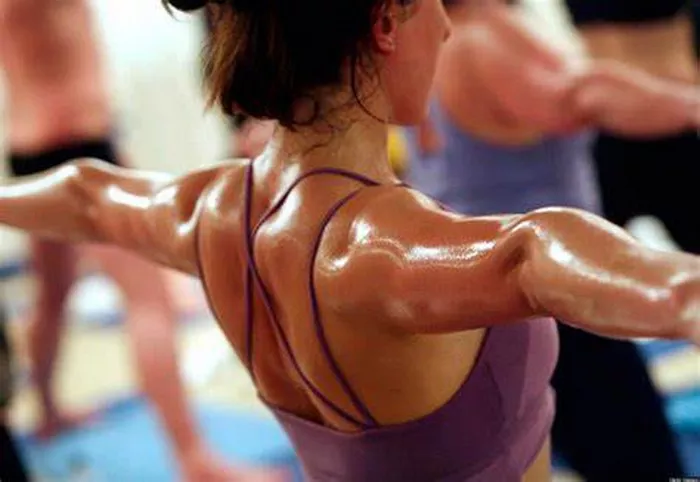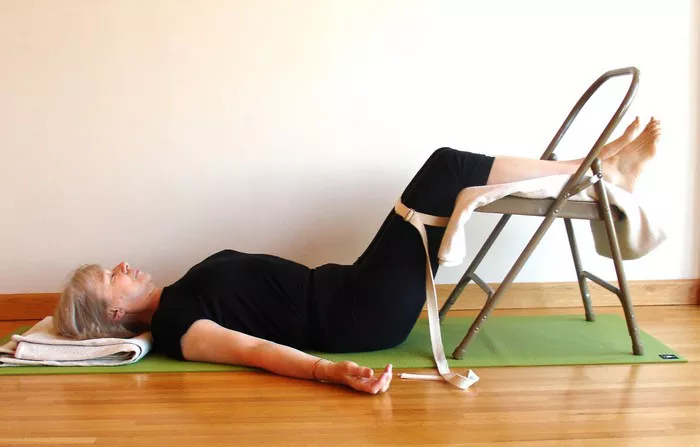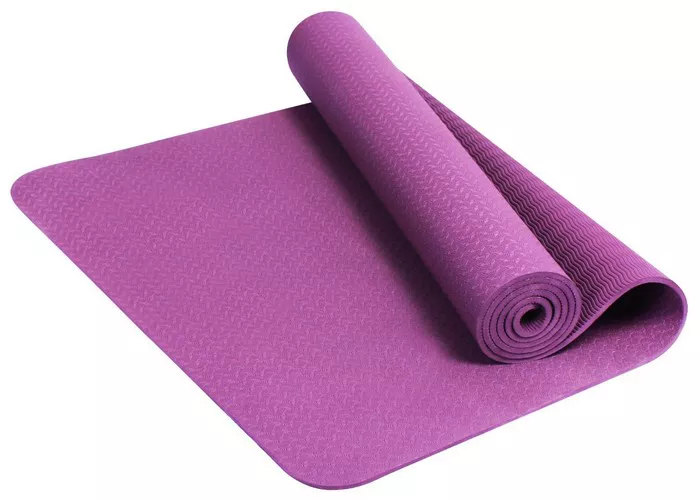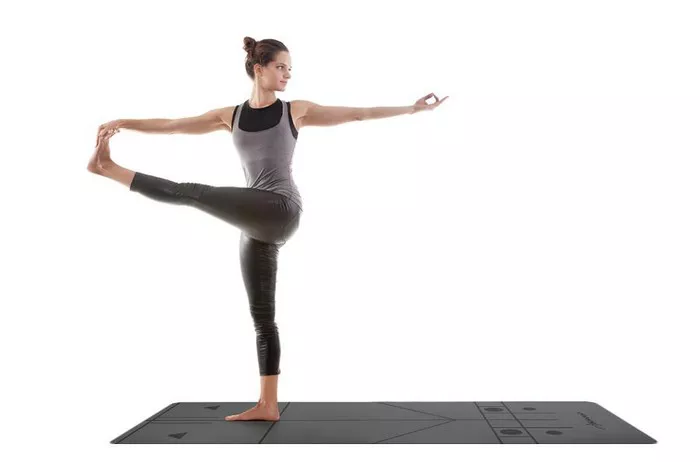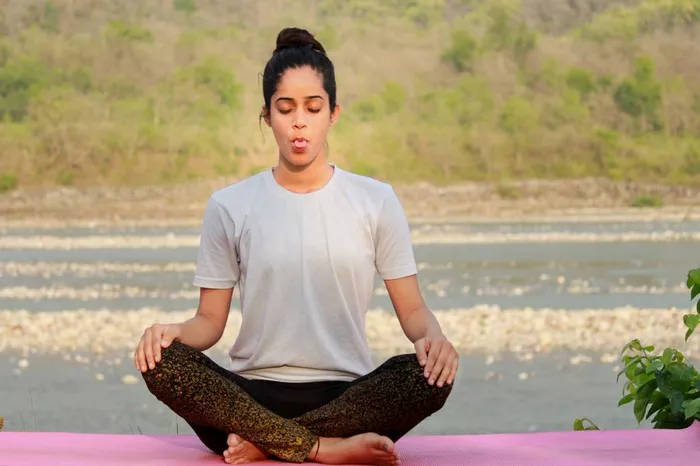Yoga has been an integral part of human culture for centuries, offering a holistic approach to physical and mental well-being. Among its myriad poses, Downward Dog stands out as a cornerstone, revered for its profound benefits and symbolism. In this comprehensive guide, we delve into the origins, benefits, variations, instructions, and precautions surrounding this iconic pose.
Origins and Symbolism
Downward Dog, known in Sanskrit as Adho Mukha Svanasana, has roots deeply embedded in ancient yogic traditions. Its origins can be traced back to the practice of Hatha Yoga, where it was incorporated as a fundamental posture for strength, flexibility, and balance. Symbolically, the pose represents the shape of a dog stretching itself, with its hips lifted and spine elongated.
In yoga philosophy, the dog is revered as a symbol of loyalty, intuition, and protection. By assuming the posture of a downward-facing dog, practitioners aim to embody these qualities, fostering a sense of grounding and connection with the present moment. Moreover, the inverted V shape of the pose symbolizes the bridge between heaven and earth, inviting practitioners to seek harmony between the spiritual and material realms.
Physical and Mental Benefits
The benefits of Downward Dog extend beyond the physical realm, encompassing mental and emotional well-being. From a physical standpoint, the pose offers a full-body stretch that targets multiple muscle groups simultaneously. It lengthens the spine, releases tension in the shoulders and hamstrings, and strengthens the arms, shoulders, and core muscles.
On a mental level, Downward Dog serves as a powerful stress-reliever, helping to calm the mind and alleviate anxiety. The inversion aspect of the pose increases blood flow to the brain, improving focus, concentration, and mental clarity. Additionally, the rhythmic breathing patterns synchronized with the pose promote relaxation and mindfulness, making it an effective tool for managing stress and cultivating inner peace.
Variations and Modifications
One of the beauty of yoga lies in its adaptability to individual needs and abilities. Downward Dog offers a variety of variations and modifications to accommodate practitioners of all levels and body types. Some common variations include:
1. Three-Legged Downward Dog: Lift one leg towards the ceiling, extending through the heel, to deepen the stretch in the hamstrings and hip flexors.
2. Dolphin Pose: Lower onto the forearms while maintaining the same inverted V shape, to provide a gentler stretch for the shoulders and wrists.
3. Puppy Pose: From a kneeling position, extend the arms forward while lowering the chest towards the ground, to release tension in the spine and shoulders without bearing weight on the wrists.
These variations can be particularly beneficial for beginners, individuals with limited mobility, or those recovering from injuries. By exploring different expressions of the pose, practitioners can customize their practice to suit their unique needs and preferences.
Step-by-Step Instructions
Practicing Downward Dog with proper alignment is essential to maximize its benefits and prevent injury. Follow these step-by-step instructions to perform the pose safely and effectively:
- Start in a tabletop position on your hands and knees, with your wrists aligned under your shoulders and knees under your hips.
- Spread your fingers wide apart, pressing firmly into the mat to distribute your weight evenly.
- Exhale as you lift your hips towards the ceiling, straightening your arms and legs to form an inverted V shape.
- Engage your core muscles and lengthen your spine, drawing your chest towards your thighs while keeping your heels grounded.
- Relax your neck and gaze towards your feet or navel, maintaining a gentle extension through the spine.
- Hold the pose for 5-10 breaths, focusing on deep, steady inhalations and exhalations.
- To release, exhale as you gently lower your knees back to the mat, returning to the tabletop position.
- Throughout the practice, listen to your body and make adjustments as needed to ensure comfort and stability in the pose.
Precautions and Contraindications
While Downward Dog offers numerous benefits, it may not be suitable for everyone, especially those with certain health conditions or injuries. It is important to exercise caution and consult with a healthcare professional before attempting the pose if you have any of the following:
1. Wrist injuries: Downward Dog places significant weight on the wrists, which can exacerbate existing injuries or conditions such as carpal tunnel syndrome. Consider using props like yoga blocks or modifying the pose to alleviate pressure on the wrists.
2. Shoulder injuries: Individuals with shoulder pain or instability should approach Downward Dog with caution, avoiding excessive strain on the shoulders and focusing on maintaining proper alignment.
3. High blood pressure: The inversion aspect of Downward Dog may increase blood pressure temporarily. If you have high blood pressure or are prone to dizziness, practice the pose mindfully and avoid holding it for extended periods.
Additionally, pregnant individuals should modify the pose by keeping the knees bent and using support as needed to accommodate their changing bodies.
Conclusion
In conclusion, Downward Dog is a foundational yoga pose that offers a wealth of physical, mental, and symbolic benefits. By exploring its origins, variations, instructions, and precautions, practitioners can cultivate a deeper understanding and appreciation for this timeless posture, integrating it into their yoga practice with mindfulness and intention. As with any yoga practice, approach Downward Dog with compassion, patience, and respect for your body’s unique needs, honoring the journey of self-discovery and transformation that unfolds with each breath and movement.
FAQs:
Does downward dog reduce belly fat?
Downward Dog alone is not specifically targeted at reducing belly fat. However, it can contribute to overall weight management by engaging multiple muscle groups and improving metabolism. Incorporating a balanced diet and regular cardiovascular exercise alongside yoga practice can support fat loss goals.
How do I know if I’m doing downward dog right?
Proper alignment is key to performing Downward Dog correctly. Ensure your hands are shoulder-width apart, fingers spread wide, and hips lifted towards the ceiling. Your spine should be elongated, with heels reaching towards the floor. Engage your core muscles and focus on steady breathing. Feeling a stretch in the back of your legs and spine indicates you’re doing the pose right.
Is downward dog bad for your shoulders?
Downward Dog can strain the shoulders if not done properly. To protect your shoulders, avoid sinking into the pose and focus on engaging the muscles around your shoulder blades. Additionally, consider modifications such as using yoga blocks under your hands or practicing Dolphin Pose to reduce pressure on the shoulders.
Should your heels touch the ground in downward dog?
While it’s ideal for the heels to touch the ground in Downward Dog, it’s not always achievable for everyone due to individual flexibility and anatomy. Focus on lengthening your spine and engaging your legs, allowing your heels to naturally descend towards the floor. Over time, with consistent practice and flexibility improvement, your heels may reach the ground more easily. If they don’t touch, it’s okay—listen to your body and avoid forcing the stretch.

